Kampala Art Biennale 2016 : Seven Hills
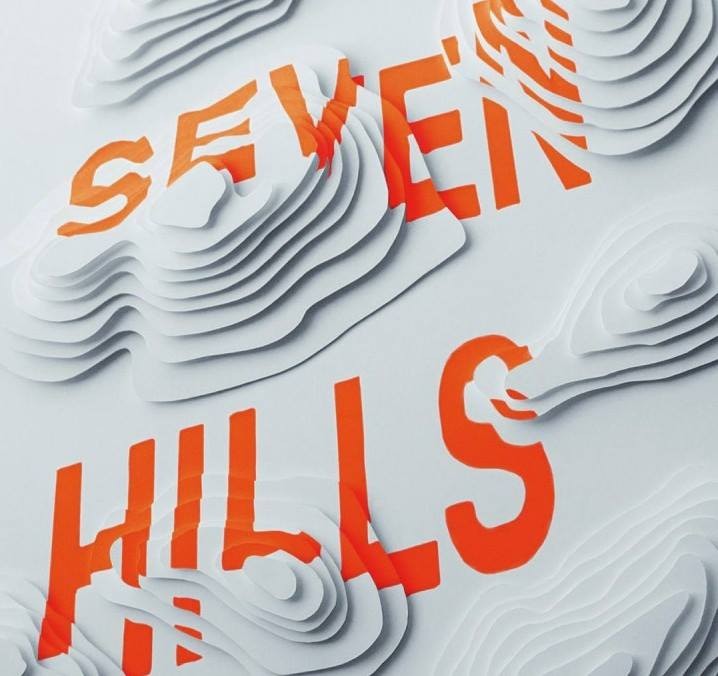
Kampala Art Biennale 2016 : Seven Hills
29 June 2016
Closes: 2 October 2016
Kampala Art Biennale is pleased to announce the 2nd edition titled Seven Hills, conceived by Elise Atangana. The Biennale will be held from September 3rd to October 2nd, with a preview on September 2nd, 2016.
Seven Hills refers to Kampala’s historical city when the Kingdom of Buganda was built on 7 hills, in a similar way as other famous cities like Rome, Lisbon and Athens. The holy number 7 represents “the whole” in movement. Seven is universally known as a dynamic totality. Pythagoras called it, the “life vehicle”.
Nowadays, Kampala is spread out over 21 hills. One could question which stories, myths and founding legends are still harboured by the Seven Hills of Kampala? What is their current meaning? Are they still symbolic? Which representations are shared today by the inhabitants’ daily lives?
How do evolutions of the landscape – either urban, natural and the potential conflict between human beings and their environment – influence daily habits?
What gestures, attitudes and practices inhabit the public space, both as a physical and now virtual (co)presence? How do they circulate, how do they stay still? How is this controlled?
Emerging and international artists will take on the role of investigators by intervening in situ, within the urban fabric of Kampala on the various phenomena of urban mobility observed locally.
The most important is to be part of a conversation about the main transformations that are present within the mobility paradigm, but on a smaller scale, a specific context. This will avoid any generalisation of a phenomenon that concerns everyone, individually and collectively. A plural perspective can open up a dialogue at different levels and bring a critical debate that can resonate at the same time locally and globally.
Seven Hills is an organic project that focuses on concepts of Mobility Studies which includes the movement of people, objects, services or digital/virtual travel and how it affects us in our day lives. The research explores the links between physical and virtual mobilities (movement, representation, practice), and consider their relation with contemporary art practice.
ARTISTS IN RESIDENCY
Bogosi Sekhukhuni, South Africa,
Charity Atukunda, Uganda,
Elsadig Mohammed, Sudan,
Immaculate Mali, Uganda,
Isaac Kariuki, Kenya,
Julien Creuzet, France/Martinique,
Kibuuka Mukisa Oscar, Uganda,
Virginie Yassef, France,
Wolf von Kries, Germany,
Xenson Znja, Uganda,
VIRTUAL MOBILITIES OPEN CALL
Abe Gillian Stacey, Uganda,
Alden Paul Mvoutoukoulou, DRC,
Canon Rumanzi, Uganda,
Gosette Diakota Lubondo, DRC,
Matt Kayem, Uganda,
Ronex, Uganda,
Sheila Nakitende, Uganda.
FOCUS ON SELECTED VIDEOS
Charlotte Mano, France
Kitso Lynn Lelliott, Botswana
Louis Henderson, UK,
Megan-Leigh Heilig, South Africa,
Phumulani Ntuli, South Africa,
Stéphanie Roland, Belgium,
Thomas Aquillina & Alex Lyons, Uganda/UK
PROGRAMME :
The Opening Week will kick off on Friday 2 September 2016 with openings at Uganda National Museum, Makerere Art Gallery , and a curatorial talk with Elise Atangana at Alliance Française. On Saturday exhibitions will be opened at Nommo Gallery, Afriart Gallery, Kampala Railway Station and the National Theatre, followed by a discussion with artists participating in the KAB16 and the KAB Opening Party at the National Theatre.
.
Talks & Symposiums
Friday, 2 September 2016 , 6:00 p.m. – 8:00 p.m. at Alliance Française
CURATORIAL TALK WITH ELISE ATANGANA: SEVEN HILLS
Located between seven hills on the shores of Lake Victoria, Kampala’s topography is rich with trails to explore. At the heart of the artistic project of the Biennale, one finds the fast development of African cities, along with what this brings in terms of urban planning, traffic, modes of transportation and the mobile lifestyles of their users and operators. By tackling the subject of motion transitions and the social changes they imply, the Biennale will be firmly grounded in the metropolis. By questioning the transformations observed in terms of movement, interactions and landscape, we project possible mobilities and futures, whether physical, virtual or imaginary.(7:30 p.m. till 10:00 p.m. Drinks/Cash bar on the rooftop)
.
Saturday, 3 September 2016 , 4.30 p.m. – 6:30 p.m. at National Theatre /CICP room (A)
DISCUSSION BY ARTISTS OF THE KAMPALA ART BIENNALEWith participating artists of the Kampala Art Biennale 2016 and moderated by Elise Atangana
The artists’ discussion offers an insight into the experience artists made in Kampala during the setup of the exhibition, the challenges they met and the encounters they made. They will speak about the process of the creation of their work and their concepts and ideas regarding mobilities in general and specifically in Kampala. They discuss the impact of mobility in their own life and about how their subjective approach speaks to cultural narratives in the particular context of Kampala and beyond.
.
Sunday, 4 September 2016 , 10:00 a.m. – 5:00 p.m. at Uganda National Museum (A)
SYMPOSIUM: (HI)STORIES OF EXHIBITION MAKING / 1960 – 1990With: George Kyeyune, Katrin Peters-Klaphake, Sidney Kasfir, Ozioma Onuzulike, Katharina Greven, Ugochukwu-Smooth Nzewi, Nadine Siegert and Moses SerubiriOrganiser: IWALEWAHAUS, Bayreuth
The public symposium “(Hi)Stories of Exhibition Making / 1960 – 1990” is part of the research project „African Art History and the Formation of a Modern Aesthetic“ at Iwalewahaus, University of Bayreuth in cooperation with the Weltkulturen Museum in Frankfurt a. M. and Makerere Art Gallery (IHCR) in Kampala. This research project seeks to examine not only the singular collections of African Modernisms that are housed today in the collections but also to look at past, present and future connections between them. In the symposium, we share recent research on the history of exhibitions of African Modernisms.
https://coamoweb.com/2016/07/13/workshop-2-and-public-symposium/Check fb event for regular updates
.
Monday, 5 September 2016 , 10:00 a.m. – 12 noon at Alliance Française, Plot 52, Bukoto street, Kamwokya, Kampala, Conference Room 3rd floor
ROUND TABLE: KAMPALA MOBILITIES FUTURESWith: Jacob Byamukama (Department for Urban Engineering, KCCA); Mark Bwambale(Department for Architecture and Urban Planning, KCCA); Katrin Peters-Klaphake(Makerere Art Gallery/Institute for Heritage Conservation and Restoration, Makerere University); Dr. Allan Birabi (Dept. of Architecture and Physical Planning, CEDAT, Makerere University); Evelyn Namara (ICT Association of Uganda; !NNOVATE Uganda), Nicholas Kamanzi (Hive Colab, YOZA)Moderation: Elise Atangana
Like every urban global agglomeration today, Kampala is subject to phenomenal change in its modes of transportation and communication. The matatus, as are called the small buses that one finds in virtually every city in the Eastern African region, will compete with new bus services in the future. Furthermore, one notes the launch of an Uber-inspired model for the boda-bodas, the local motor-taxis, while established forms of transport continue. From these shifts, we can foresee important changes in daily habits of the local population. Which challenges does Kampala face with its current precarious traffic situation and which scenarios are envisioned for the future? What will be the impact on habits of the population? How does their practice link to cultural narratives and shape Kampala’s current mobilites and futures? What impact will ICT innovation have in this process? How is the future city?
.
Friday 9 September, 2016 , 4:00 p.m. – 9 a.m. , 32° East, plot 2239, Ggaba Road, Kansanga, Kampala
OPEN LAB & POP UP EXHIBITION : (RE)THINKING FEMINISM AND BLACK WOMANHOOD
With: Sonia Barrett (Germany), Jessica Buhlmann (Germany), Nancy Mteki(Zimbabwe), Syowia Kyambi (Kenya), Immy Mali (Uganda), Abe Stacey Gillian(Uganda), Sheila Nakitende (Uganda).Organizer: Goethe-Zentrum Kampala/ UGCS, Iwalewahaus (University of Bayreuth)
An exhibition and performances will present the results of the workshop and open laboratory “(Re)Thinking Feminism and Black Womanhood” that will run for ten days in Kampala with participating female visual artists from four different countries. Acknowledging that female artists – in particular women with an African or African diasporian background – still remain largely invisible and their works less distributed among the networks of the globalized art world, the workshop focuses on synergies between feminist theories and alternative artistic/curatorial practices and collaborations.
.
Saturday 10 September, 2016 , 9:00 a.m. – 5:00 p.m. at Uganda Museum (Education Hall), Kira Road, Kampala
SYMPOSIUM: (RE)THINKING FEMINISM AND BLACK WOMANHOOD
With: Dr. Natasha A Kelly (Germany), Hon Miria Matembe, Godiva Akullo, Dr. Zahara Nampewo, Prof. Ben Twinomughisha, Hon. Angeline Osegge, Justice Kenneth Kakuru, Sheila Nduhukire, James Onen, Dr. Amanda Tumusiime, Syowia Kyambi, Dr. Donald RukareOrganizer: Goethe-Zentrum Kampala/ UGCS, Friedrich-Ebert-Stiftung
This symposium will offer a platform for women and men from academia, the visual arts, politics, the judiciary, media and activists from the African continent and beyond. The meaning of feminism will be explored and stripped of preconceptions and prejudice and grounded in the African and especially Ugandan context in theory and practice. Women and men from different spheres of life will debate the differences of being a woman or a man in the professional world. Especially in the art world, male artists continue to dominate the local and global scene while women, especially of African descent, are less visible and their works less distributed, indicating that deliberations on feminist perspectives from the Global South are highly topical.
For registration please email to feminismug@fes-uganda.org
Facebook: https://web.facebook.com/events/1817761658453923/
Find the full programme of the Opening week here.
MORE INFORMATIONKampala Art Biennale is a showcase of contemporary art from Africa with the goal to display, educate and create debate about the value of art in society.
Kampala Art Biennale was established by Kampala Arts Trust, a collective of visual and performance art practitioners living and working in public and private spaces within the precinct of Kampala City. It was born out of the need for inclusion faced by artists working on the African continent trying to reach the global art scene.
Elise Atangana is an independent curator and producer. She defines her experience in the art field as collective and laboratory adventures. Her research focuses on the links between physical and virtual mobilities/immobilities (movement, representation, practice), and consider their relation with contemporary art practice. Recently, she curated “Entry Prohibited to Foreigner”, Havremagasinet art center (Boden), Sweden 2015, with Abdelkader Damani and Smooth Ugochukwu, « Producing The Commun » at 11th Dakar Biennale, 2014.
Partners
Kampala City Council Authority, Uganda Tourism Board, Institut français, Institut für Auslandsbeziehungen (ifa), Nile Breweries, Turkish Airlines, Afriart Gallery Kampala, Belgium Embassy in Uganda, Irish Embassy in Uganda, Goethe Zentrum Kampala, Uganda Museum, Uganda National Cultural Centre, Makerere Art Gallery, 32 Degrees East, L’Agence à Paris.
View more from

Beyond Representation
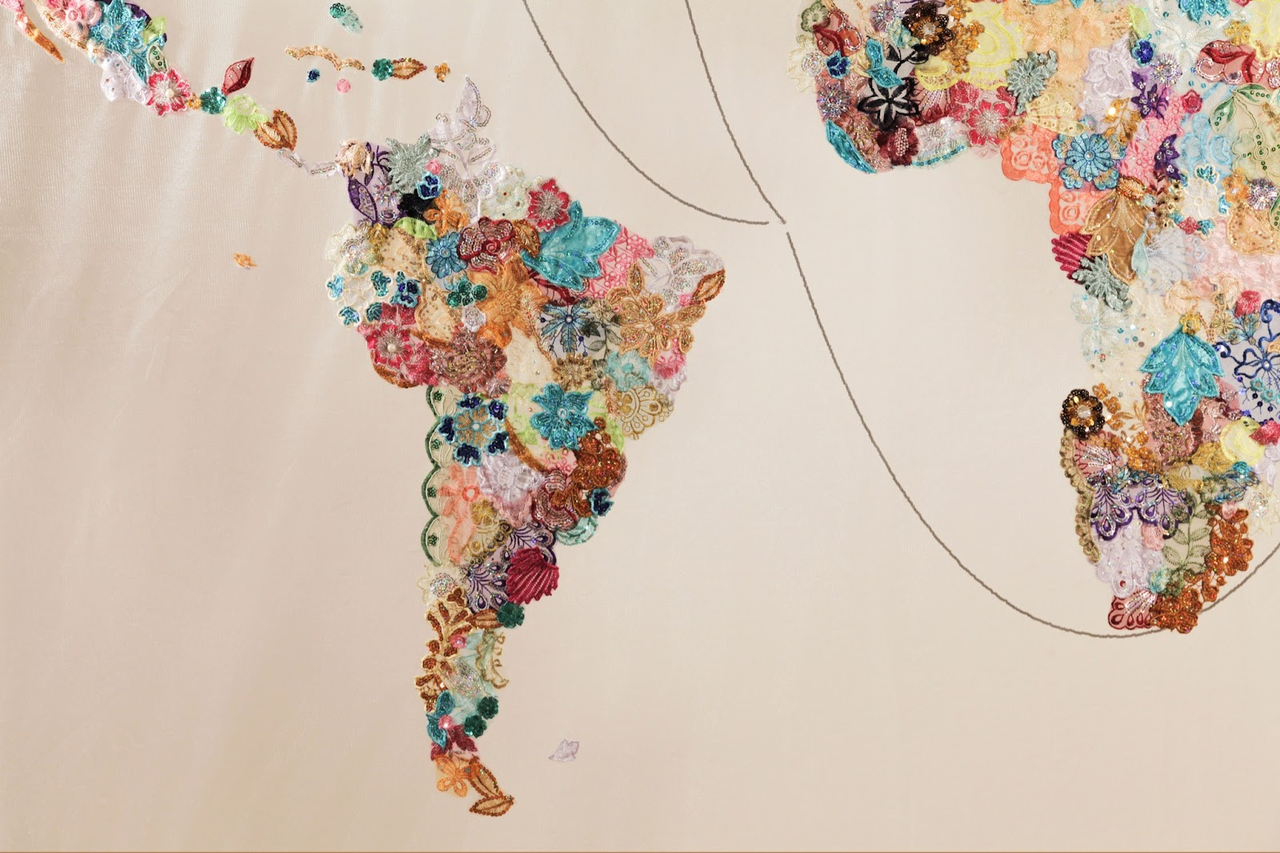
Tierras reimaginadas: migración
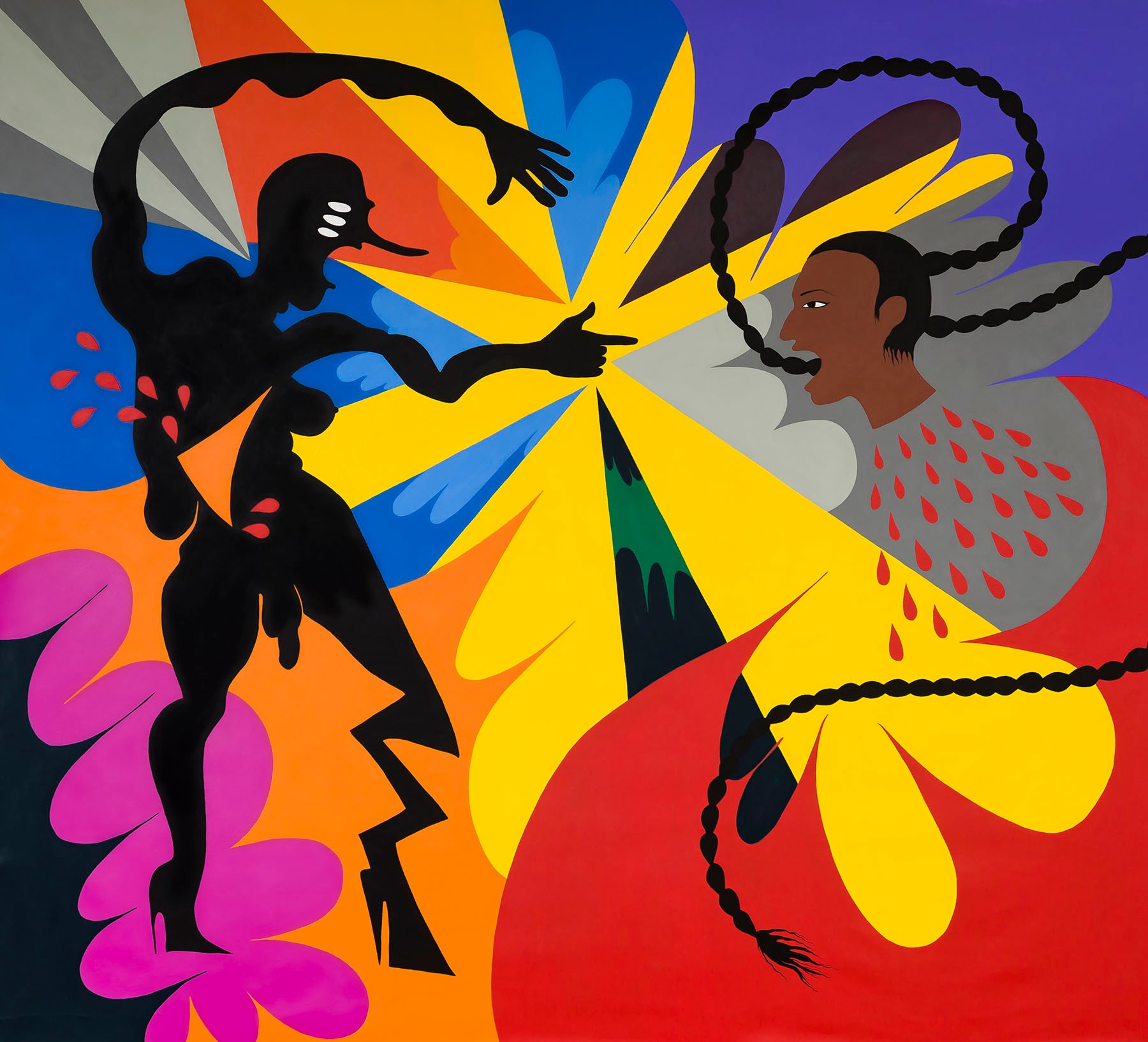
La Chola Poblete: Pop andino
Mar 6–Aug 2, 2026
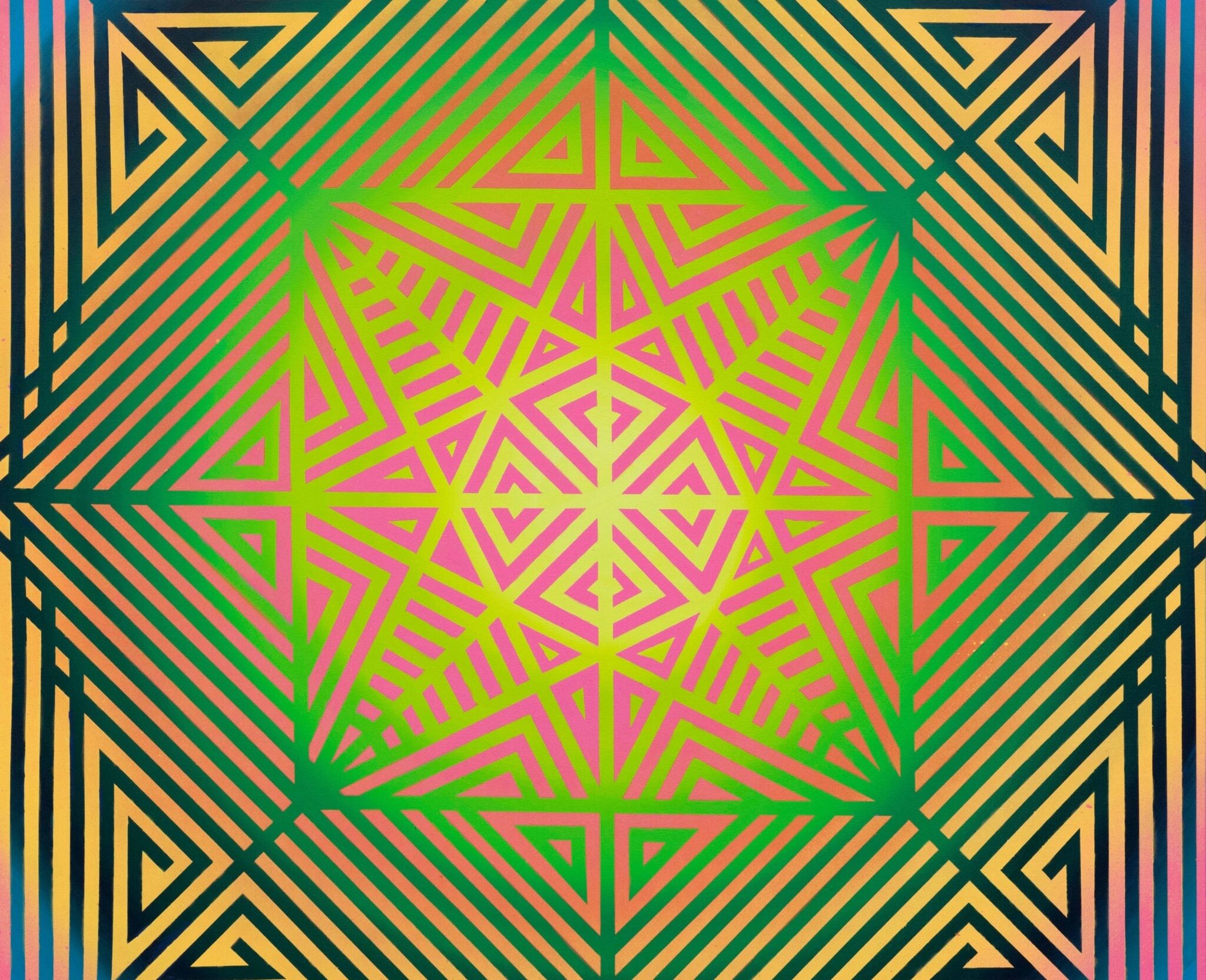
Jangueando: Recent Acquisitions
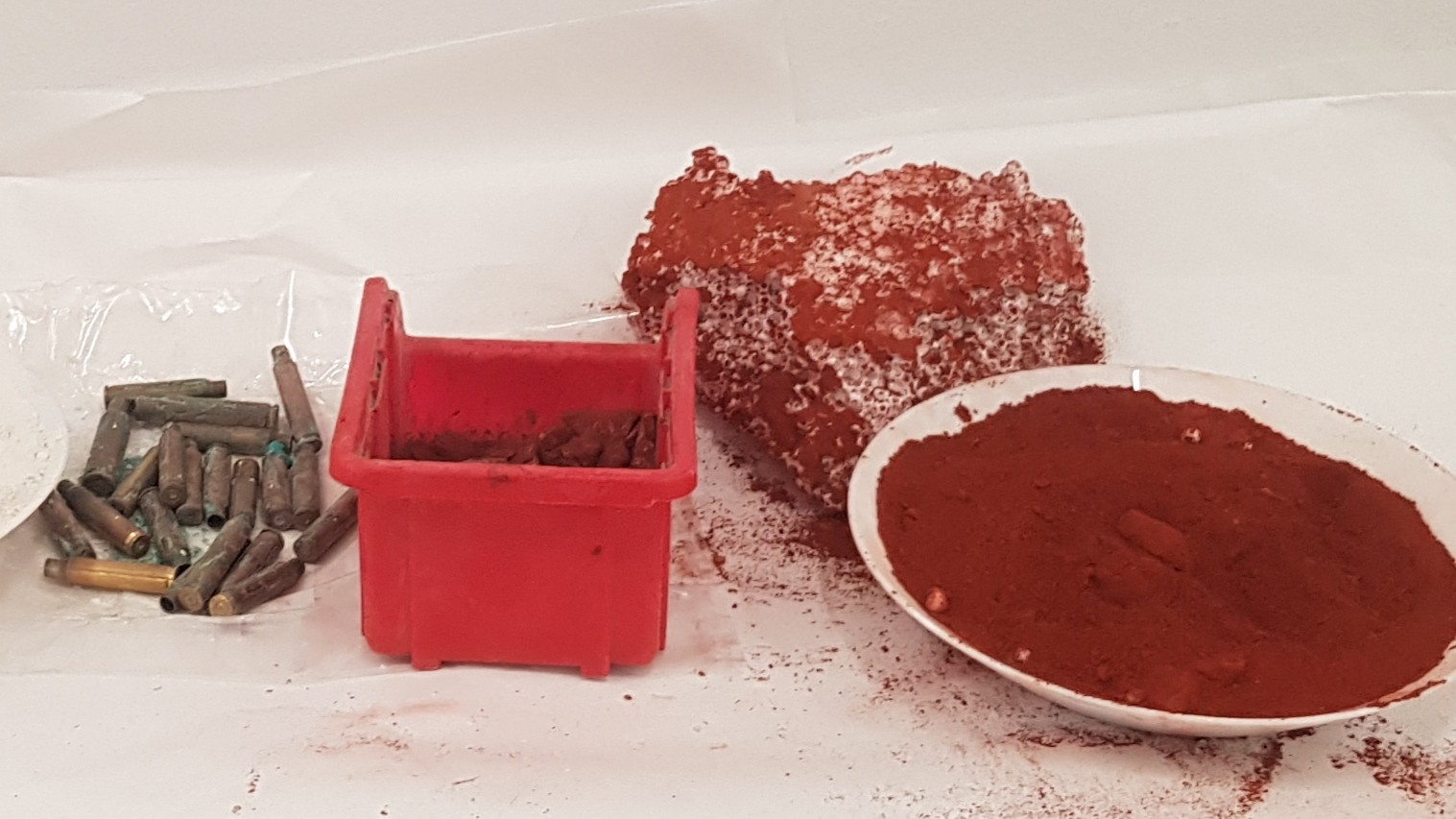
Ndidi Dike: Rare Earth Rare Justice
Mar 6–May 31, 2026
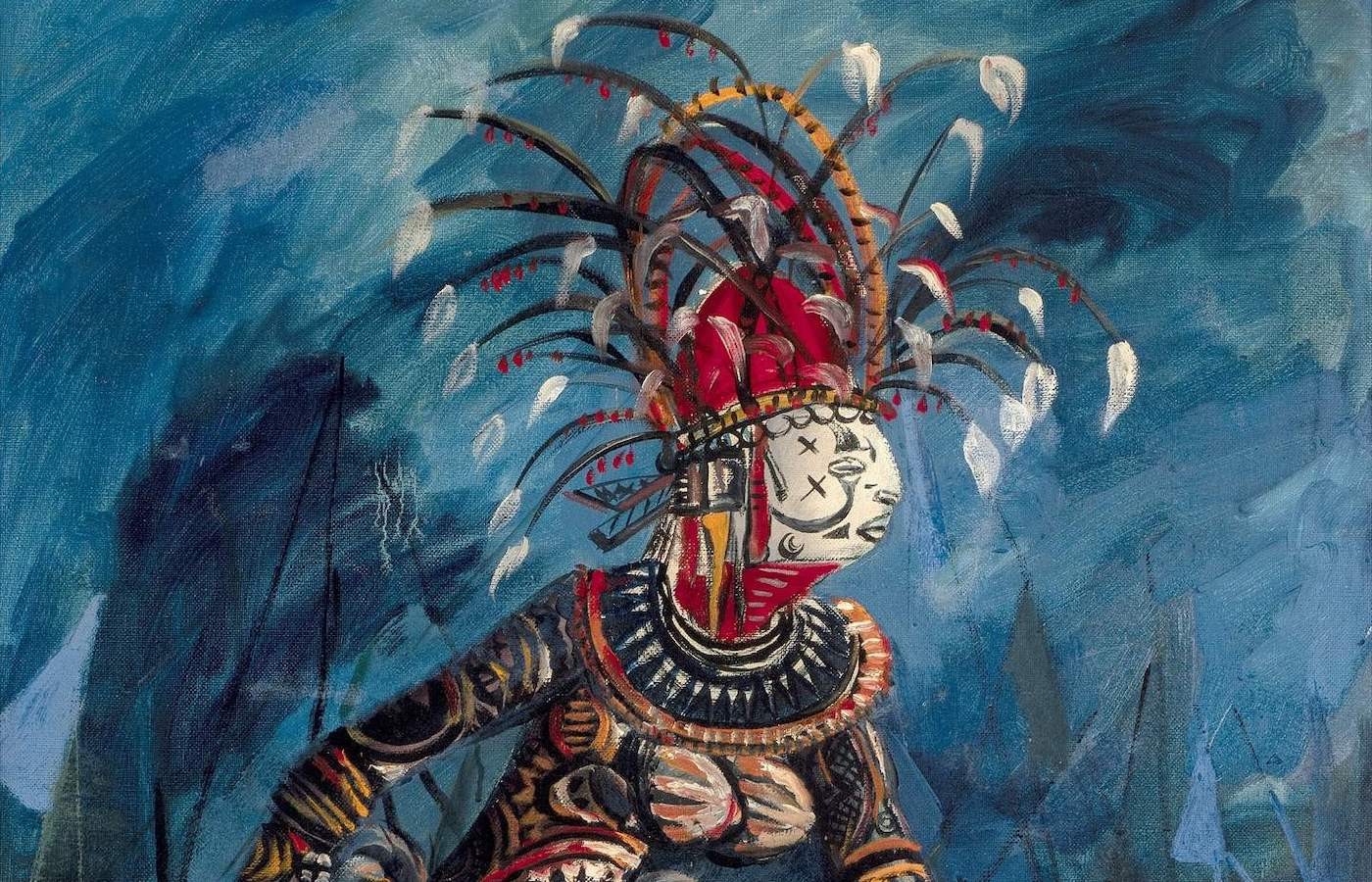
Nigerian Modernism – Group Show
Oct 8, 2025–May 10, 2026